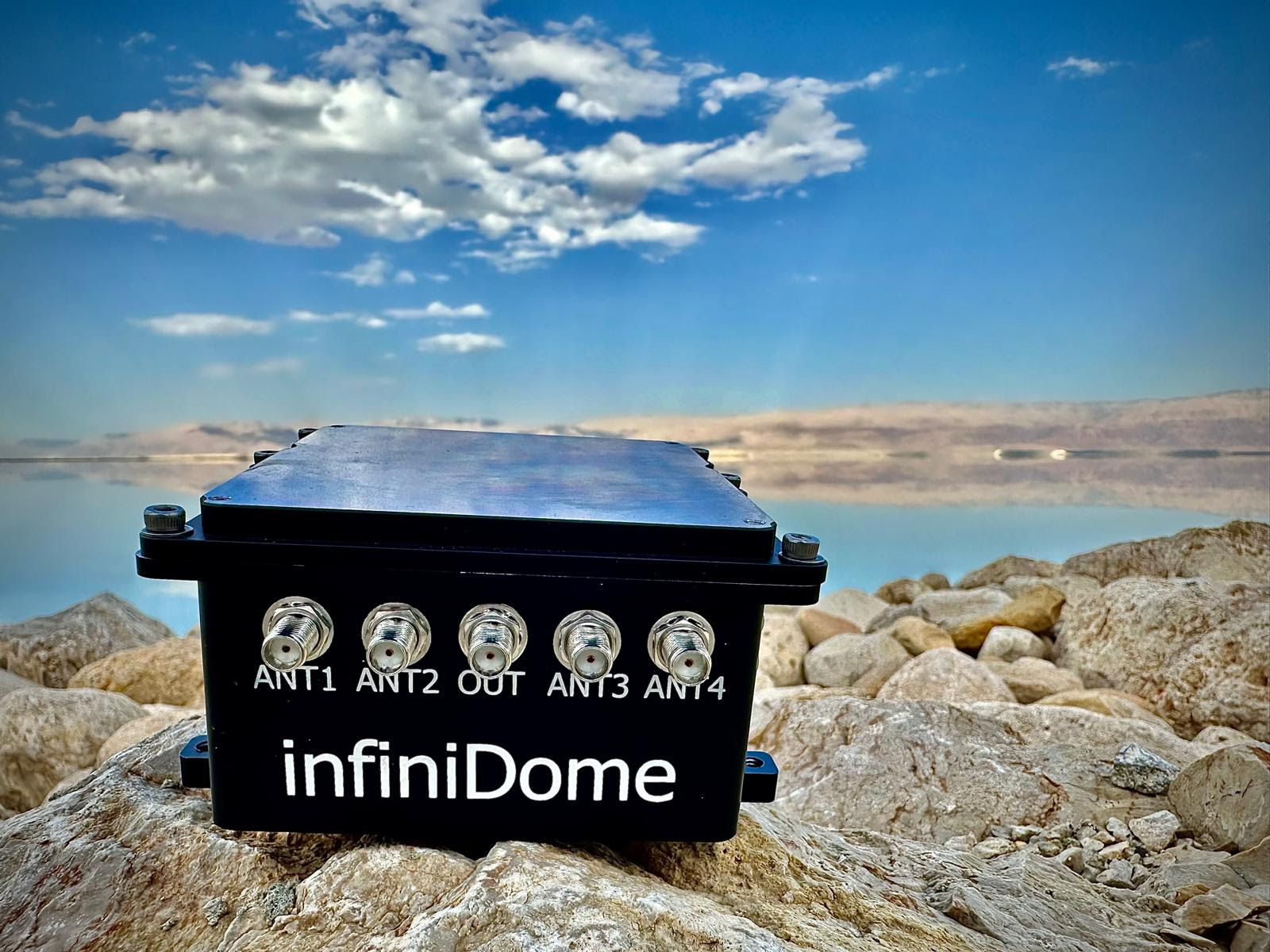The growing threat of GNSS interference is spreading beyond conflict zones, forcing many commercial companies to seek alternative solutions.
Global Navigation Satellite Systems (GNSS), including GPS, play a vital role across various sectors, such as marine navigation, aerial photography, agriculture, transportation, and telecommunications. These industries depend on GNSS for accurate navigation, precise positioning, route optimization, and synchronization. However, the rising threat of GNSS interference, particularly in and around conflict zones, has become a significant challenge, disrupting daily activities, and has significant financial and safety implications.The recent interference incidents in Israel highlighted this vulnerability. Platform platforms across various industries faced significant disruptions, operations were critically reduced, or even reached a complete standstill, resulting in substantial financial losses. The lack of robust solutions for these platforms made it clear to these organizations that they needed to seek effective solutions to address these interferences to enable the continuity of their operations.Continue Reading Here…
Related
Discover more from sUAS News
Subscribe to get the latest posts sent to your email.

